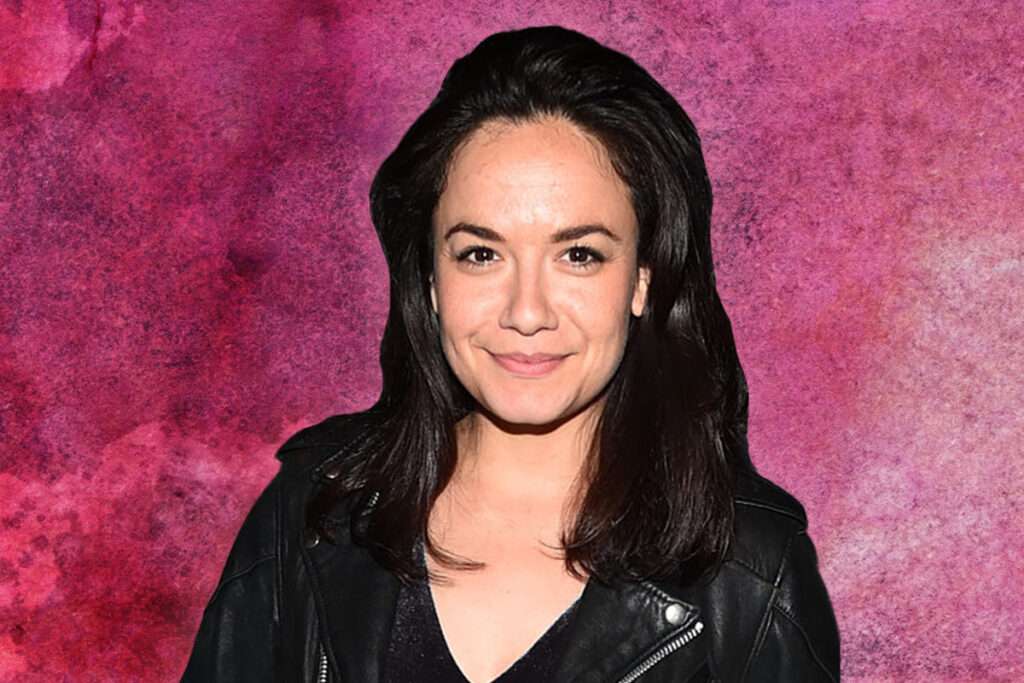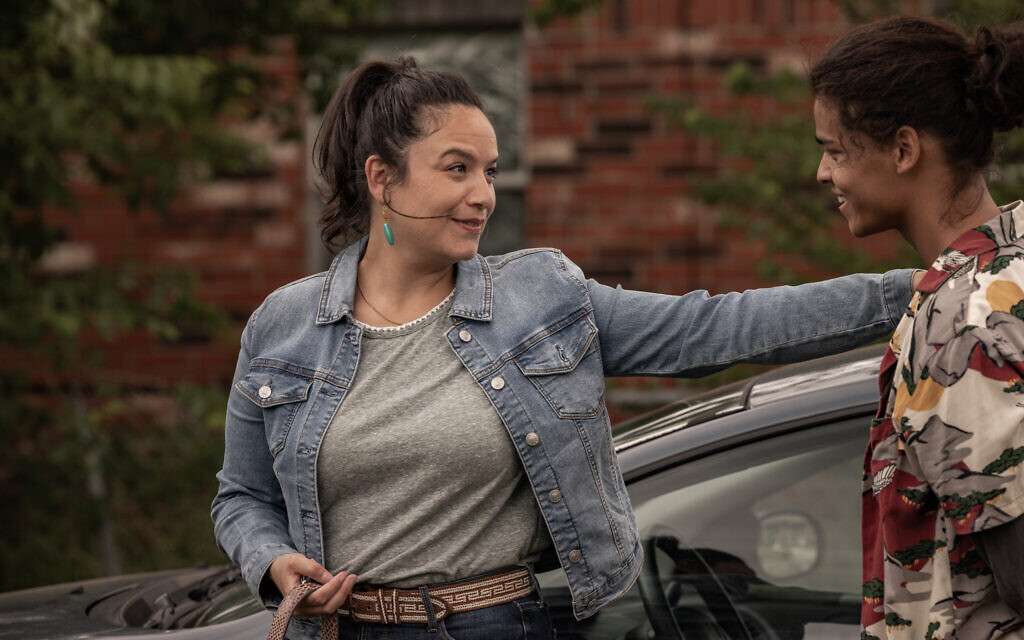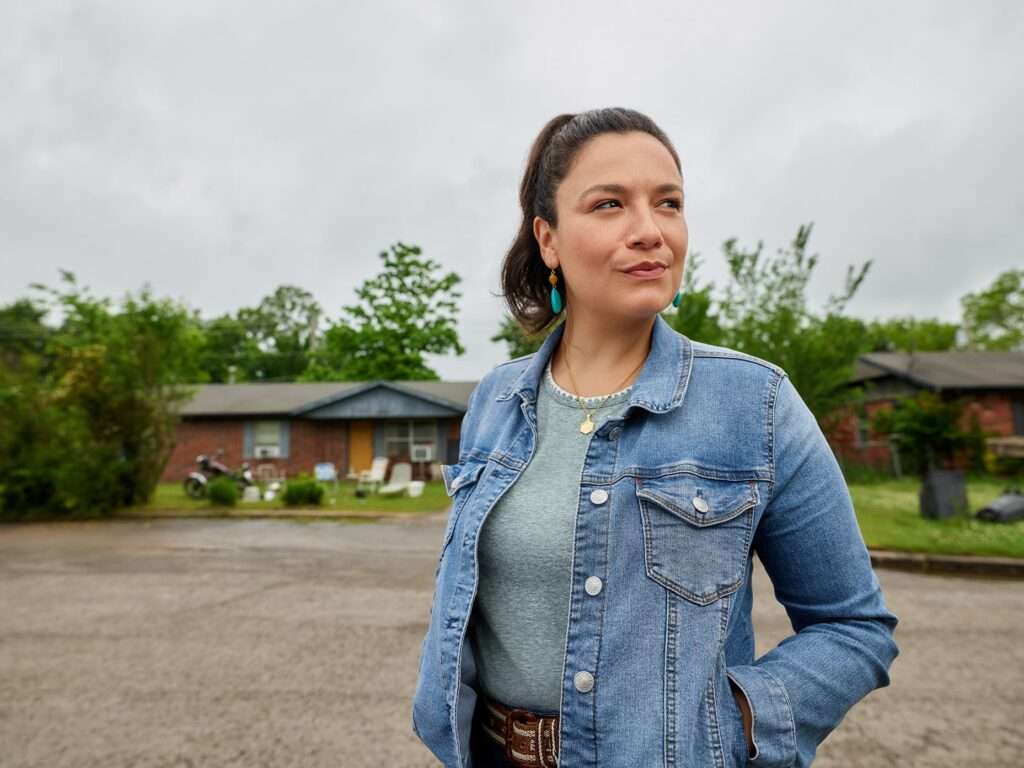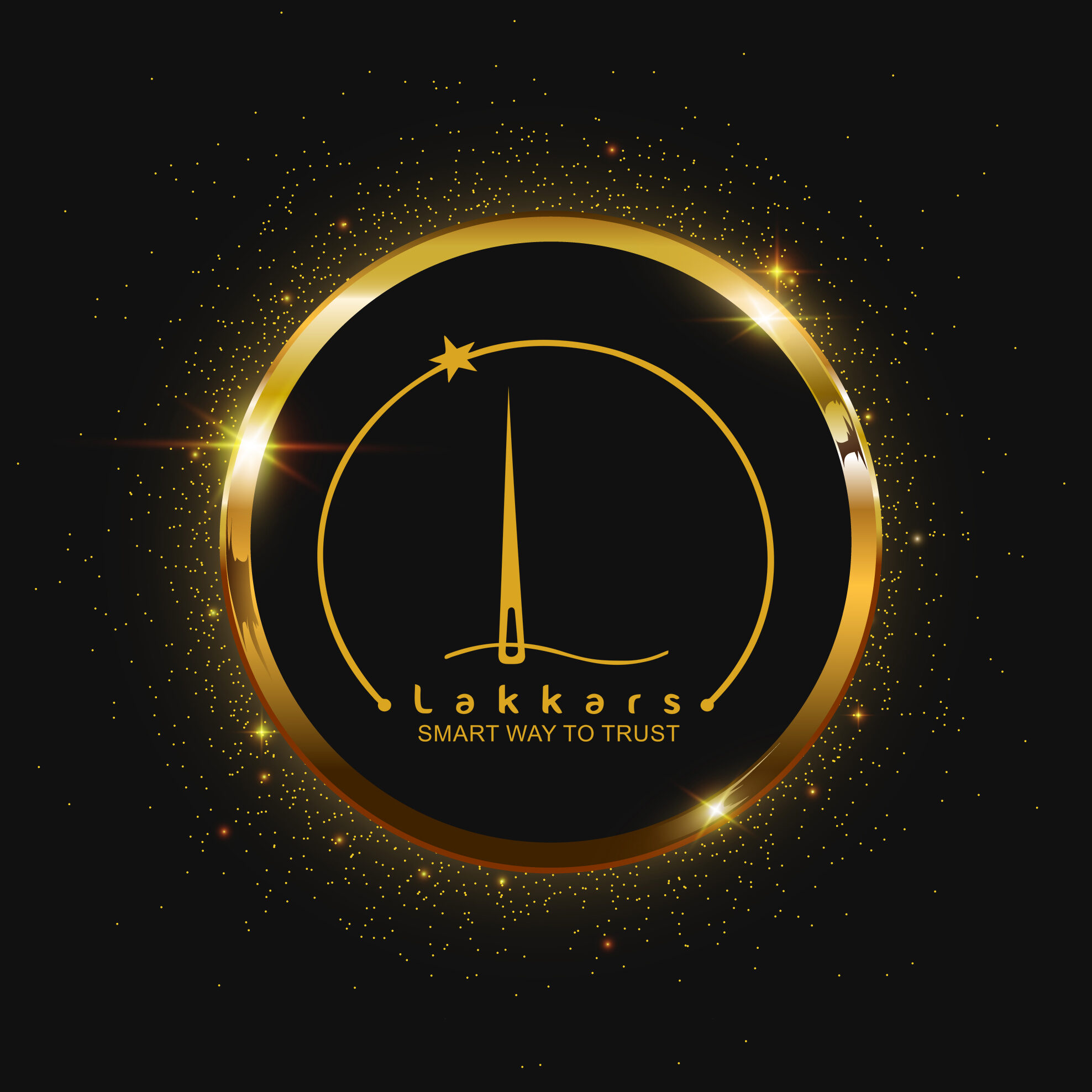
For Jewish Indigenous actress Sarah Podemski, it’s a miracle just to exist
In FX’s newest hit series, “Reservation Dogs,” the audience first meets Rita Smallhill, mother to main character Bear, prepping for a night out. Rita croons TLC’s “Waterfalls” while blithely swiping mascara across her eyelashes and checking herself out in the mirror. When Bear asks where she’s going and who she’ll be with, Rita retorts, “With my friends, Grandpa.”
It’s a telling first introduction to Rita, a tough yet loving single Native mom in a show which is historic for sharing Native stories and characters with such a widespread audience.
Sarah Podemski, the actress who plays Rita, is similarly tough. Frankly, she’s had to be. On her mother’s side she is Salteaux, a tribe of First Nations people who are part of the Ojibwe Nations in Canada.
After inhabiting North America for thousands of years, Indigenous peoples, including her ancestors, were dispossessed of their land and culture by European colonizers. Other horrors they would endure include the residential school system in Canada and the United States, which, again, Sarah’s relatives were subjected to.
On her father’s side, she comes from Holocaust survivors. Her grandfather, Joseph Podemski, was born in Lodz, Poland in the 1920s and, like so many European Jews during World War II, was sent to concentration camps. During this time he lost his mother and sister.
After being liberated, Joseph reunited with his brother Fajwel, who was hidden during the war, and together they moved to Israel. There, Joseph met his wife, Betty, and they started a family together. Eventually, they moved to Toronto, where Joseph passed away just last year.

Could you tell me a little bit about the process of being cast in the show?
I had worked with [co-creator] Sterlin [Harjo] previously in a feature film, so we were familiar with each other. When I got the script, the character was completely there. There wasn’t much reaching, she was so clear. I’m not sure if it was because it was from his mind. But the vision of who Rita was, was so clear. There wasn’t much I had to do.
Sometimes, you get a script and you’re like, who is this person? You have to do all this work to figure out how to put your stamp on something, or how to make it yours. In [this] script, every character was so clear. So being able to step into a role like that is really comforting. Especially in the sense of being on set and shooting and knowing that the director, all the writers in the writers’ room, the producers and the other actors have a similar lived experience. There’s a safety there of being able to step into a character like that, and know that when you’re dealing with certain issues that you’re in a safe place to explore those storylines. So from the first time reading it to the last shot I did with that show, I knew it was gonna be a huge success. Just because it was overdue, and it’s so good.
As a member of both communities, what do you think the Jewish community could be doing more to support Indigenous peoples?
I actually know of a few organizations that have been super vocal and have really been allies to the Native community. I don’t know them off the top of my head, but of a lot of communities, I’ve noticed that there’s been a lot of support between the Jewish and Native communities, which is really incredible. Especially in Canada, I’ve noticed there’s been a lot of cross-promotion of organizations and mutual support.
Recently, I spoke to a group of over 30 Jewish women who are part of a textile club, and I think that it’s always interesting to have these conversations about decolonization and misinformation and rewriting the narrative. These concepts are so familiar to me and other Indigenous people, but then I also find it interesting to be able to connect with them as a Jewish woman. It’s really important to share the parallels of the intergenerational path of genocide in our communities.
Something else that I would share with the Jewish community is that my grandfather had the opportunity to thrive, build wealth and build up his family through reparations. Something similar happened to a different community, the Indigenous community, but we weren’t given any of the recognitions for reparations. So if there is a way to reach out to organizations, or to help educate about the kinds of struggles that we’re facing, as Indigenous communities — Jews can recognize our shared history of dispossession and genocide.
I think Jews have a lot of lived experience that they can share, too. Like the ways that they’ve been able to thrive in their communities after the Holocaust. There are also lots of ways to help elevate the voices of Indigenous activists or organizations. And, to remember that there are still people who haven’t been able to recover from their genocide like how the Jews have been able to after the Holocaust. Imagine nobody was there to help you emigrate to North America. Imagine there were no reparations. Imagine nobody spoke about the Holocaust. Imagine you were still, today, fighting to make people believe that the Holocaust happened. Because that’s what’s happening in Indigenous communities. I mean, there are still people that don’t think the Holocaust was real or a big deal, to be fair, but at least on governmental levels and funding bodies, it’s recognized. Whereas our communities are still fighting to educate people about the atrocities that happened to us.
Jews have a very unique perspective that makes us familiar with some of these concepts. It makes us, the Jewish community, a perfect community to help elevate Indigenous voices and become involved.

What is your favorite Jewish tradition and your favorite Indigenous tradition?
For sure powwow. Going to powwow always makes my heart explode, just seeing what we’ve overcome.
As for my favorite Jewish tradition, I would say Shabbat. A few months ago, I started making matzah ball soup for Shabbat, and I just felt my grandma, my safta, with me. And it makes me feel like I’m living history. I lost my grandfather last year, and making the soup was a reminder that we are him. We are my safta. We are continuing this. And Shabbat is like such a simple way of focusing and connecting, even if you’re not doing it in a religious way. It’s the tradition and the repetition of being with family, taking a moment to give thanks for those who came before us, and who handed these traditions down to us. And it always makes me feel so Jewish. I’m just like, ah! With the candles and eating challah, I’m a Jew! I love it.

Magazine launched for helping women for success. Lakkars has always served and worked efficiently towards women empowerment, we have blossomed into America’s most-read fashion magazine.


